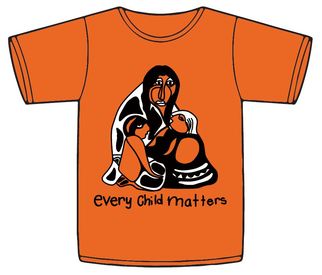For my Module One contributions, I was initially focused on resources that attempted to preserve oral traditions and stories essential to Indigenous learning. I feel I was successful in finding a sample of such resources, but the #next150 site was the resource that stood out for me, not for its ability to preserve stories, but because of its innovative blend of technology and social media employed for the purpose of spreading awareness and understanding of Reconciliation. This is something I would be able to use in my teaching almost immediately.
First Nations Pedagogy Online
https://firstnationspedagogy.ca/about.html
As described on the website, First Nations Pedagogy Online is an “online resource that builds on research, consultation, and community-based activities. This site provides best practices and support for online learning initiatives that are intended for Indigenous students, Elders, educators, curriculum developers, and educational leaders.”
The site appears to be a hub for various resources concerning indigenous education. Provided are various summaries of indigenous education best practices, and a portal to a forum that provides members the opportunity to share thoughts and experiences regarding indigenous education.
Indian Horse
http://www.indianhorse.ca/en/education
This site serves a promotional vehicle for both the movie Indian Horse, based on the Richard Wagamese book of the same name, as well as general awareness and education for the Reconciliation movement. The #next150 section is of particular interest, as it combines social media with a series of initiatives that challenge the audience to “push [thinking and understanding] of Indigenous issues forward.”
Four Directions Teachings
http://fourdirectionsteachings.com
This site is a multimedia showcase of indigenous oral teachings, specifically from the Blackfoot, Cree, Ojibwe, Mohawk, and M’ikmaq nations. It is an interactive experience, combining animation and audio, which relates foundational stories, teachings and customs. Teacher resources are provided.
Our Voices
http://www.ourvoices.ca/index/about
From the website, “the OurVoices.ca website is intended to provide access to a wealth of audio material on the history and culture of the People of Canada.” The site is an archive of recorded stories and interviews from Louis Bird, aboriginal scholar and storyteller. The site provides hundreds of hours of audio documenting Cree oral traditions, and is provided in English and Cree.
The Legends Project
https://www.cbc.ca/radio/ideas/topic/Tag/Legends
The Legends Project is a series of podcasts created and presented by CBC Radio, which tell foundational stories from several nations. According to the site, “CBC Radio’s Legends Project compiles traditional oral stories, legends and histories of Canada’s Inuit and First Nations, gathered in communities across the country.” Some of the featured nations include: Blackfoot, Mi’kmaq, Shuswap, Inuit, and Ahtahkakoop.
